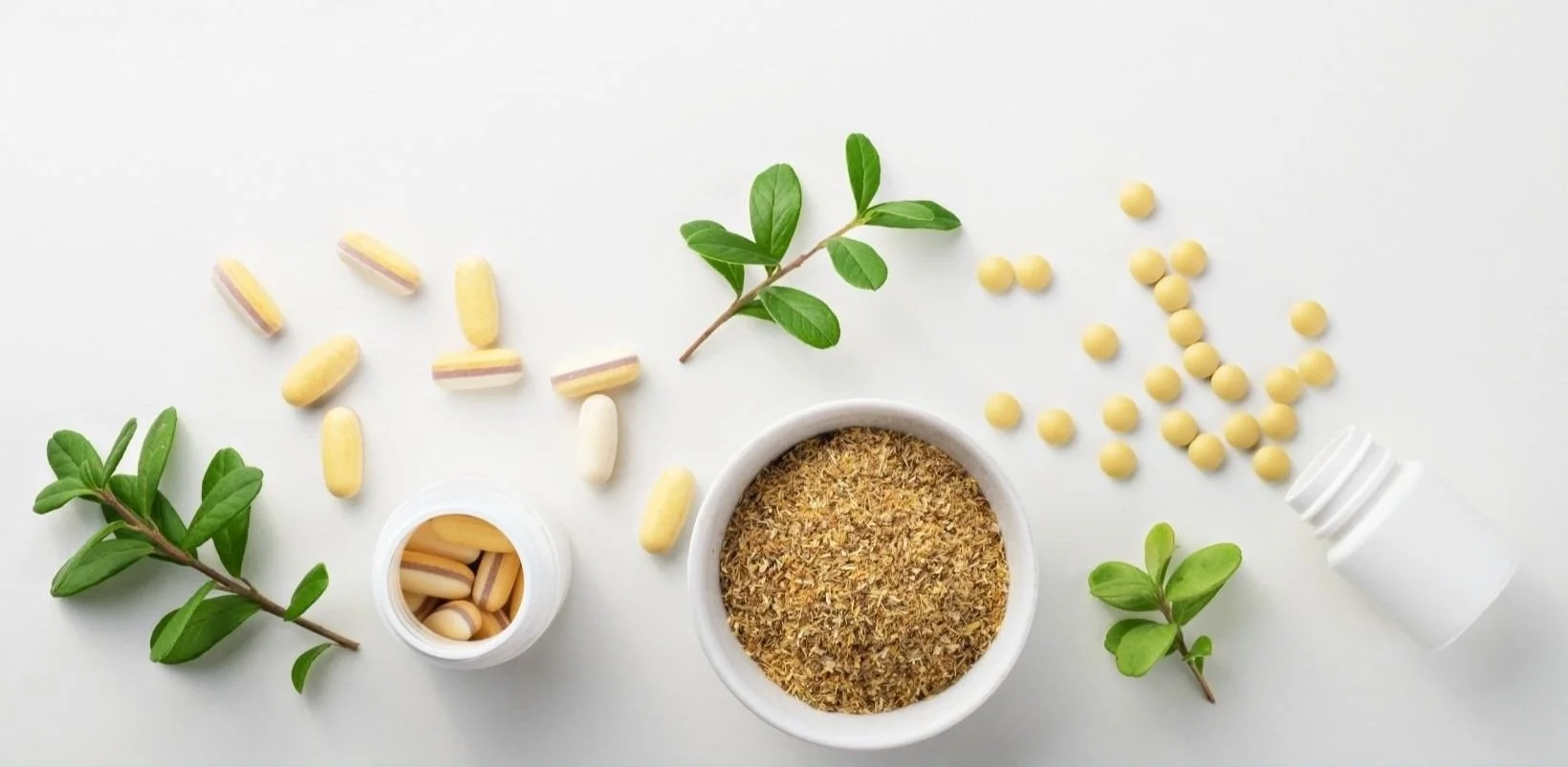Nutrients to Support Blood Sugar ⬇️⬇️
Maintaining healthy blood sugar levels is one of the best ways to optimize your hormones, brain health, energy levels, and overall well-being.
While blood sugar responds to the macronutrients (fats, proteins, carbs) in your diet, it also depends on 💥micronutrients💥 for regulation.
Such as (in no specific order)...
✅ B Vitamins
✅ Magnesium
✅ Chromium
✅ Zinc
✅ Omega-3’s
✅ Vitamin E
✅ Vitamin D
Each of these nutrients carry out specific functions related to blood sugar, but many support the action of insulin or the enzymes needed for energy metabolism.
So what?
So this means that eating nutrient-dense foods is just as important as balancing out carbs with protein, fat, and fiber.
If you are looking for targeted support for your blood sugar, metabolism, or energy, we can help.
🥾 Take the first step through the link in our bio.
#nutritionformetabolism #nutrientsupport #nutrientdensity #nutritionalsupport #elementsnatmed
Reference
Basiri R, Seidu B, Cheskin LJ. Key Nutrients for Optimal Blood Glucose Control and Mental Health in Individuals with Diabetes: A Review of the Evidence. Nutrients. 2023;15(18):3929. [link]





